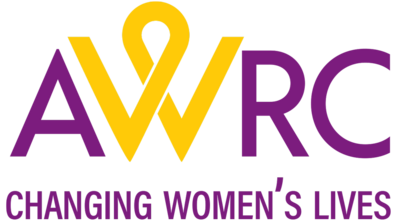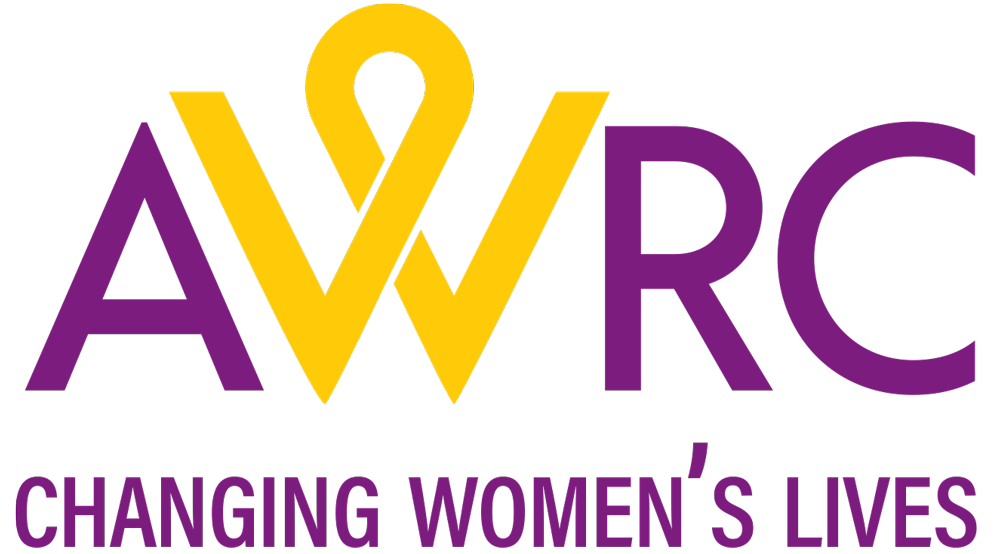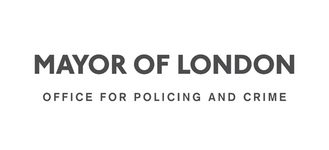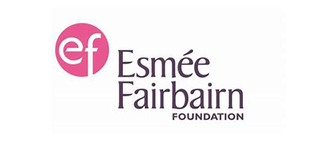AWRC Blogs
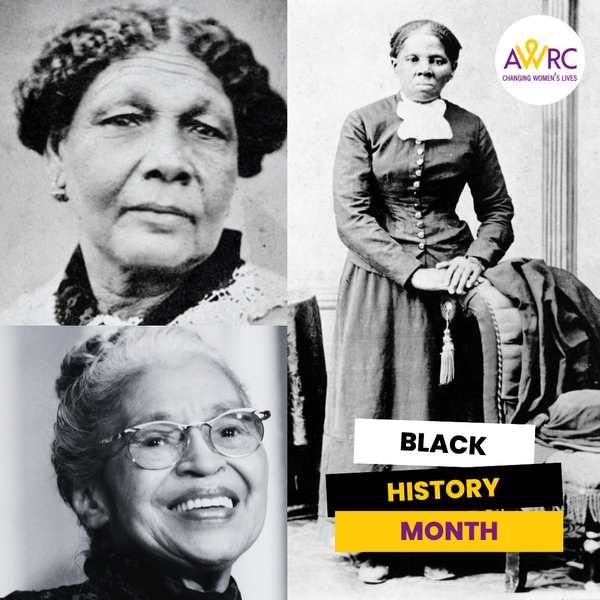
Reflections on Black History Month
Wednesday 23rd October 2024
Sekinat Adima
I would like to start by thanking the AWRC for giving me the opportunity to share my thoughts on Black History Month. I am proud to support AWRC in delivering their Harmful Practice (HP) course, which stands as the only one of its kind in the UK. This course is invaluable as it addresses the harmful practices that we, as Black, Minority and Ethnic (BME) women, experience, and educates professionals working with victims of Violence Against Women and Girls (VAWG) on the complex, layered issues we face as women of colour.
In writing this, I have chosen to use the term "BME" rather than "global majority." While I appreciate the rationale behind the global majority movement, which seeks to reclaim our power as the majority group in the world, I feel that using this terminology can sometimes unintentionally exclude some of our sisters who also need our solidarity. Therefore, I align my wording to ensure inclusivity for all women, recognising the diversity and intersectionality of our shared experiences.
The United Kingdom first celebrated Black History Month in 1987, which is a time to reflect on and learn from the past while celebrating the milestones and contributions of Black people to this country. As I’ve delved deeper into Black history, I’ve realised that those who are celebrated today often faced unimaginable struggles experiencing injustice, trauma, and deep hurt. This history of oppression reminds us that while we have made significant progress, the fight for equality is far from over.
Although the UK is sometimes perceived as being more supportive of Black and BME communities than other European countries, under the microscope, it's clear that much work remains to be done. Racial violence, discrimination, and systemic injustice are still embedded in both the history and current culture of the UK. While I won't dwell on this in this piece, it’s essential to acknowledge this reality, even as we take this moment to celebrate those who paved the way for us today.
We must embrace our history and learn from our past mistakes. By doing so, we help ourselves heal and develop in ways that are productive and self-soothing. The AWRC-designed Harmful Practice Independent Domestic Violence Advocate (HP IDVA) course I teach helps us to better understand and focus on the positive aspects as well as the negative, helping us to appreciate and better understand our culture and the richness of our practices and traditions. We explore the beauty of our heritage, the strength in our customs, and the resilience that has carried us through generations. However, we must also confront the fact that some traditions are rooted in primitive, misogynistic, unfair, and judgmental practices. These are the harmful practices that we are working to bring an end to. In the fight against unjust harm, especially toward women, Black women have been leading the charge through education and meaningful dialogue.
For me, Black women have always been central to progress, both in society and in my personal understanding of resilience and strength. Growing up, Black History Month wasn’t something that was talked about much in school. I recall being 13 and excited when my teacher asked us what Black history meant to us. I proudly chose to talk about my natural hair, a symbol of my identity and culture. But when one of the white students raised their hand and said, "I don't get why we have to celebrate you having rough hair and me having lovely straight hair," the class laughed, and so did the teacher. In that one moment, the significance of my story was erased—Black history was whitewashed by a single, dismissive comment.
What I took away from that experience was resilience—and the vital importance of education. Black history cannot and should not be confined to one month of the year. I live as a Black woman every day, and Black history is woven into the very fabric of our society. It's crucial that we remember this and keep the conversation alive throughout the year.
Fortunately, there has been growing recognition and celebration of Black history and culture in recent years. I have had the privilege of meeting inspiring Black pioneers especially women whose stories continue to shape and empower me. The experiences of Black women have often been more difficult than those of our counterparts. When we consider intersectionality the overlapping of race, gender, class, disability and other forms of identity we see how these layers of discrimination unfold. But in these challenges, we also see strength, resilience, and the power to transform our communities.
Black History Month provides us with an opportunity to not just reflect on the struggles of the past, but to celebrate the achievements and contributions of Black individuals who have made an impact on our world today. From historical Mary Seacole to Rosa Parks and Hariett Tubman to modern day activist, Black women have always been at the forefront of change, fighting for justice, equality, and recognition.
As we celebrate Black History Month, let us remember that our history is rich, our culture is vibrant, and our future is bright. Let us continue to educate, inspire, and uplift one another, recognising that our shared experiences make us stronger. While we honour the past, we must also look to the future, ensuring that the work of our ancestors continues to inspire the next generation.
